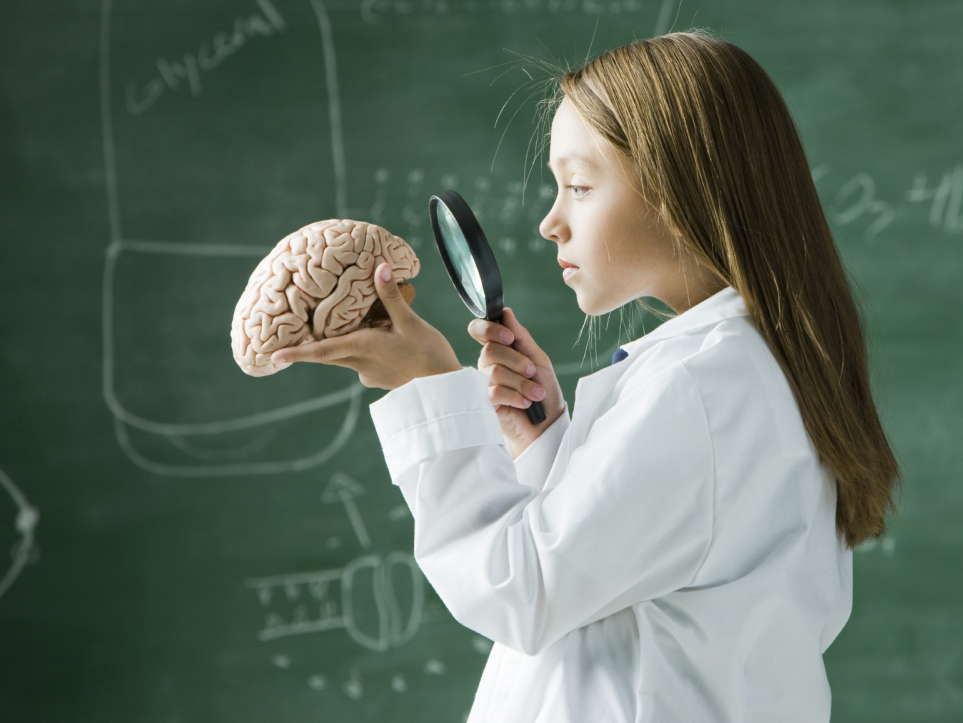According to some analyses, the U.S. is facing a mental health crisis, with 23% of adults experiencing mental illness in the past year. Unfortunately, the crisis extends to the nation’s children as well.
More than eight million children reported experiencing anxiety or depression from 2022 to 2023 in the U.S.
In the same period, data from the U.S. Department of Health and Human Services, Health Resources and Services Administration, Maternal and Child Health Bureau showed 26% of West Virginia’s children aged 13 to 17 either told a health care provider they were experiencing a mental health concern or were told by a doctor or educator that they had behavioral problems.
For Mental Health Awareness Month, Victoria Rooks, Save the Children’s lead associate for Psychosocial Support, said it is vital to establish a culture of communication so children know they have a safe space to express their feelings.
“Anything that we can do to really establish that safe space and that like, ‘I’m here to listen to you, there isn’t a right or wrong answer. I’m just checking in with how you’re doing,” Rooks said.
Rooks also stressed how important it is for parents and guardians to practice self-care, so that they can be their best selves for the children.
She said while changes in behavior are something to watch out for, like changes in eating or sleeping habits, the most important aspect is knowing the child and their behaviors under normal circumstances.
“Every child is different, every child has different needs, they have different experiences, they have different ways of communication,” Rooks said. “So oftentimes you’ll see things that are like, look out for this one indicator, and that’s not necessarily going to be the case for your child or for a child who’s in your life.”
Last year, an annual report from the Annie E. Casey Foundation found 45% of West Virginia’s children face one or more Adverse Childhood Experiences (ACEs) and ranked the state 44th in overall child wellbeing.
ACEs are potentially traumatic experiences in childhood that have an impact on physical and mental health.
According to Rooks, more than one in five West Virginia children experiences anxiety or depression.
“That’s over 60,000 children just in West Virginia,” Rooks said. “It’s a lot of kids. (And) being more rural absolutely has an impact on that; the access to support is different. The time that you might need to spend, like looking for support and getting connected, can really increase a lot just because of that scarcity, because of not having resources.”
According to data released on Thursday, more than 750,000 West Virginians live in an area classified as a Mental Health Care Health Professional Shortage Area.
In July 2022, the National Suicide Prevention Lifeline became 988, an easy-to-remember lifeline created to help people dealing with depression, substance use and suicidal ideation, and get more immediate help and be guided to additional resources.























